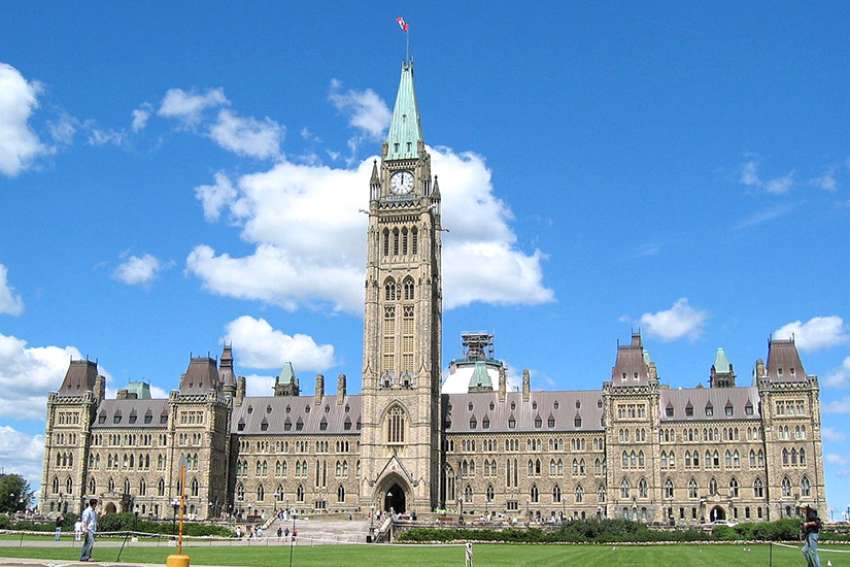In a joint statement released by Justice Minister David Lametti and Health Minister Patty Hajdu Feb. 17, the ministers said a four-month extension would allow the government to better address the “complex and deeply personal issue.”
“We recognize that medical assistance in dying is a complex and deeply personal issue. The high level of engagement during the January 2020 online public consultations — which received nearly 300,000 responses — is a strong demonstration of the importance of this issue for Canadians,” the statement from the ministers said, adding that “we remain committed to responding to the court’s ruling as quickly as possible.”
Up until the extension request, Lametti had indicated that he wanted to present proposals for changes to the law in the House of Commons by mid-February as the Quebec court ruling set a deadline for changes of March 11. But Lametti left the door open for the federal government to seek an extension to make changes to what is known as MAiD (medical assistance in dying).
“Following the successful completion of the government’s consultations on this important matter, we fully intend to introduce new medical assistance in dying legislation in the near future,” said the Feb. 17 statement. “An extension would give Parliament time to consider and enact proposed amendments.”
Opponents of legally-sanctioned medical suicide in Canada have been critical of the way the federal government has handled its response to the Quebec Superior Court ruling known as the Truchon ruling, arguing that the federal government should have appealed the ruling and have criticized the two-week online survey of Canadians in January on the issue as being insufficient for such an important issue.
One critic of the haste in which the federal government was moving on MAiD, Ray Pennings, executive vice-president of the Ottawa faith-based think tank Cardus, is happy to see that an extension for the timeline has been requested.
But Pennings said that extension must be put to good use and issues that have not been part of the discussion are addressed.
“If MAiD is legal, how are we making sure that there are proper safeguards in place, how do we make sure that people don’t feel pressured to take part,” he said, adding that issues such as conscience rights for health care workers and what impact MAiD has on the health care system as a whole should also be examined.
While the federal government is now asking for more time, the Quebec government has made it clear that its rules regarding legal assisted suicide will be changed by March 11 as the Truchon ruling set as a deadline. However, the Quebec government has backed off making changes surrounding the controversial issue of allowing people with mental-illnesses to seek an assisted suicide pending further consultation on that issue.


